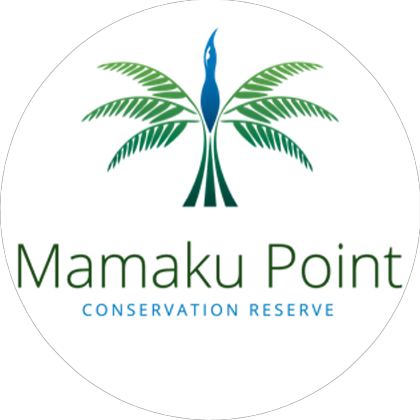Research
The Trust welcomes academics and researchers interested in studying Mamaku Point’s ecology and biosecurity strategies, and we can generally also provide comfortable accommodation for researchers in the school camp facility.
A selection of reports based on research conducted within the reserve are linked below:
Lizard Survey & Conservation Opportunity Assessment, Bell & Titus, May 2023
Archaeological Assessment Report, Rachael Egerton, September 2019
High Value Area Ecological Assessment Report, Chris Stowe, August 2019
Ongoing & Future Research
Tuatara: the Trust is particularly interested in the potential to trial the establishment of tuatara (Sphenodon punctatus) within the reserve. In the face of climate change there is a pressing need to diversify habitats for tuatara and it is the Trust’s understanding that the reserve represents a very suitable habitat due to its north facing aspect, abundance of invertebrate populations on which tuatara predominantly prey; including beetles, crickets and spiders, and the absence of the predatory weka. We are currently logging ground temperatures in three locations around Mamaku Point in order to assess the viability of these sites for tuatara, since the sex of tuatara hatchlings is determined by the temperature of the ground in which the eggs are incubated.
Long-tailed bats: Davidson-Watts Ecology are in the early stages of investigating our long-tailed bat population.
Stag Beetles: Otago University will be undertaking research on stag beetles within the reserve in January 2022.
Lizards: The research previously undertaken by Trent Bell and Daron Titus (linked above), indicates that significant lizard conservation opportunities are possible within the reserve. We would like to see these opportunities brought to life, including extending the habitat of Stewart Island green skinks, which are now mainly confined to the Mason's Bay and Codfish Island areas, by a translocation into the reserve.

